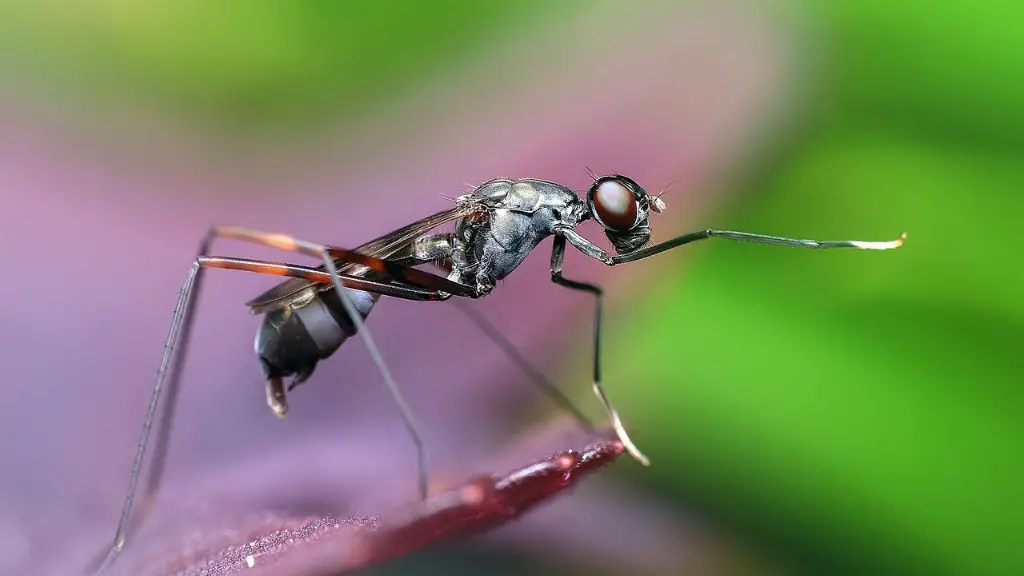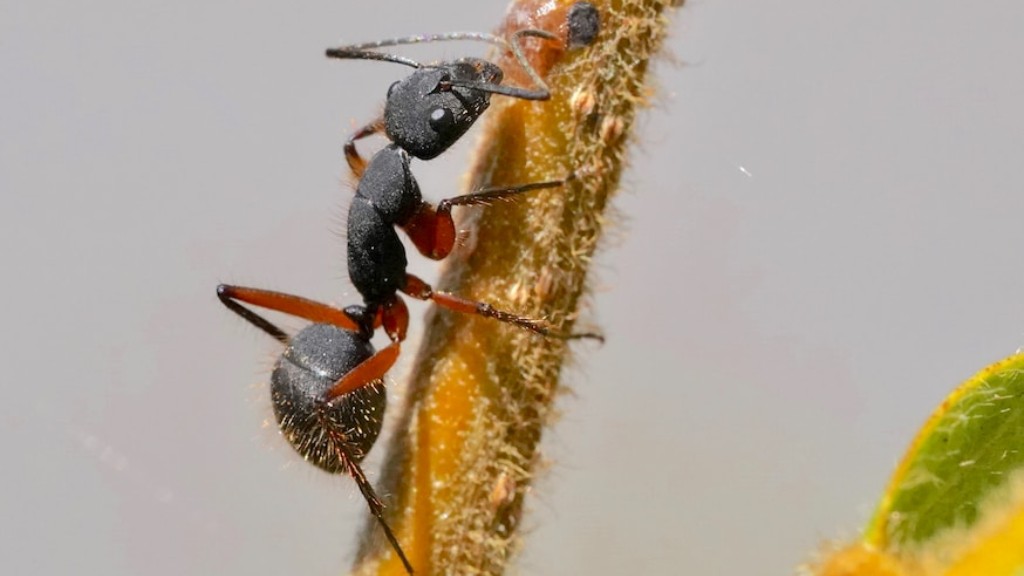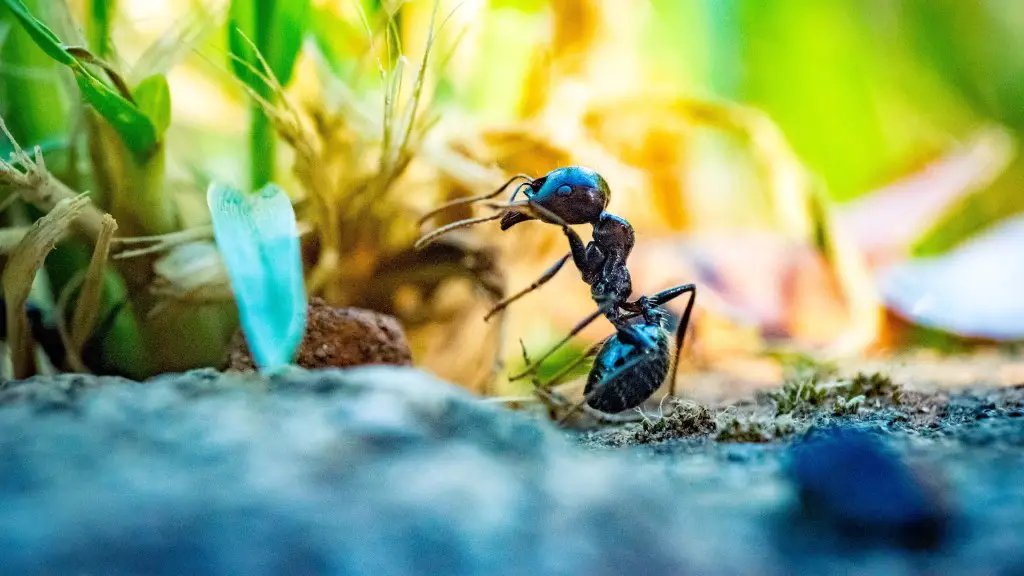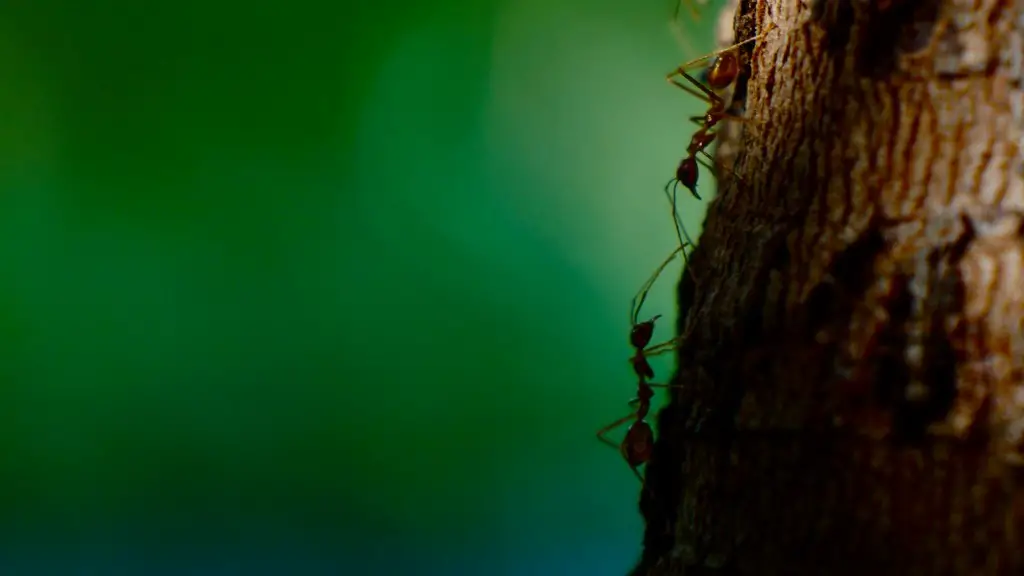What Do Ants Find Attractive?
It’s not unusual to find ants crawling on you if you’re spending time outdoors. But why are these ants so attracted to you? After all, humans and ants couldn’t be more different. It turns out that ants find a range of items attractive, from sugar to liquids, sweat, and fat. Depending on the type of ant, they may be seeking out sweet items like jelly or sugary drinks. They can also be drawn to the salt and oils found in human sweat and the fats found in our skin. In addition, ants may be looking for food or liquid spills, or even a moist area to nest in.
An ant’s preference for certain smells or ingredients will vary – some may be sweet-seeking, while others will look for proteins or fat. Their sensitivity to odors, along with their ability to detect moisture, makes them ideal scavengers. To make matters worse, ants “communicate” with each other through chemical signals called pheromones, so if there is a strong presence of ants attracted to something, more are likely to arrive. This is why it can be hard to stop an ant invasion.
Why Do Ants Crawl on People?
Ants appear to have an affinity for humans. Our skin is often oily and salty, making it a great source of energy for the insects. Additionally, since we typically have food and sugary drinks on hand, ants may be inclined to investigate. Sweat also attracts ants because this is an easy way for them to rehydrate, making them drawn to active humans that are sweaty and exerting energy.
People also offer a safe place for the ants to hide and nest in. Our clothes are reflective of a safe place for ants to inhabit. The ants will crawl around and make their presence known in order to give other ants stimulation. So, if you notice a few ants crawling around you, it’s likely that they’ve spotted something they find appealing—most likely, your smells and oils.
Are Ants Hazardous?
Ants are not typically dangerous to humans, but their presence can be annoying. That’s because they often bring other insects or pests with them, such as cockroaches and fleas, making the area around infested with critters. It’s also not uncommon for ants to spread diseases, so it’s important to be aware and take measures to prevent them.
Additionally, ants can cause structural damage if left to their own devices. They can chew through woodwork and wallpaper, as well as tangle electrical wiring and cause extensive damage to walls, floors, and ceilings. They can also be a sign of a larger pest problem that could require professional attention.
How to Get Them Off?
The best way to get rid of ants crawling on you is to remove their source of attraction. Keep food and sugary drinks in sealed containers and wipe up spills immediately. Dispose of all garbage regularly, and do not leave food out for extended periods of time.
You can also use over-the-counter repellents or natural solutions like peppermint oil, white vinegar, and lemon juice. Spraying these solutions at the source of the problem can help repel the ants away from your property. Additionally, keeping your house clean, vacuum regularly, seal off any cracks or entry points, and limit moisture can help deter ants from coming into your home.
What Attracts Them in the House?
Ants can be spotted in the house due to food left on the counter, spills and crumbs in-between the counter and other areas, and pet and human food that may have spilled on the floor. Ants are drawn to sweet and sticky items such as jams, honey, and syrups, as well as fatty and greasy food like chips, grease, and oil. When food is left out, ants easily smell it and are drawn to the source.
It’s not just food that attracts ants, though. Ants can also be drawn to damp areas, such as sinks and bathrooms. Other possible sources of attraction include damaged outdoor plants, moisture sources such as leaking pipes, and entry points like gaps in windows and doors.
Are Ants Attracted to Certain People More?
Though it might seem like some people are “ant magnets,” ants are just as likely to be attracted to every person. The type of ant and the food sources available will determine if and when an ant may be attracted to a certain person. In general, if there is a lot of food or liquid around, then ants may be more attracted in the general area and could end up crawling on someone.
Preventative Measures
Preventing ants from entering your home or gathering on you is the best way to avoid the pests. Keep your home and yards clean, dispose of garbage regularly, seal up cracks or entry points, limit sugary items and liquids, and avoid leaving food out in the open. It’s also a good idea to inspect your home regularly and contact a pest control professional if you notice an ant problem.
Final Prevention Thoughts
If you do find ants crawling on yourself, it’s best to brush them off and clean the area with soap and water. You should also be sure to check your clothes and skin for any signs of an ant infestation. By taking preventative measures and being aware of possible entry points, you can help keep ants away and enjoy a pest-free environment.



